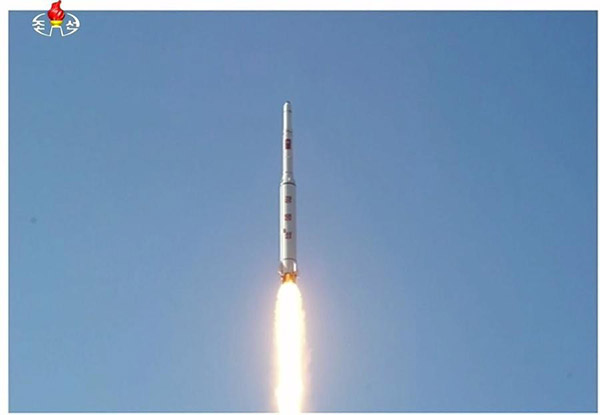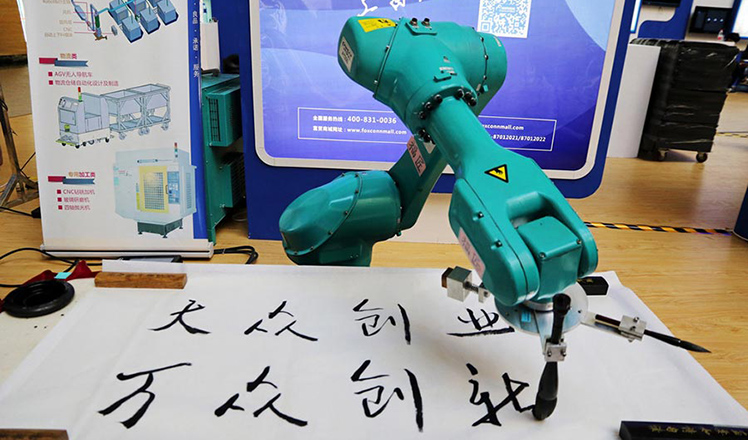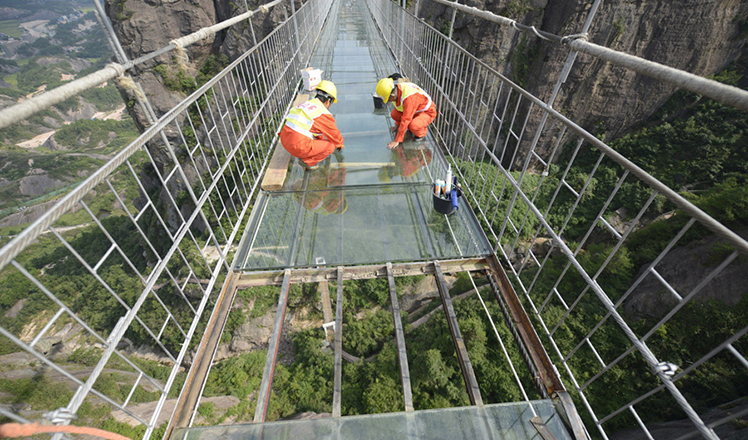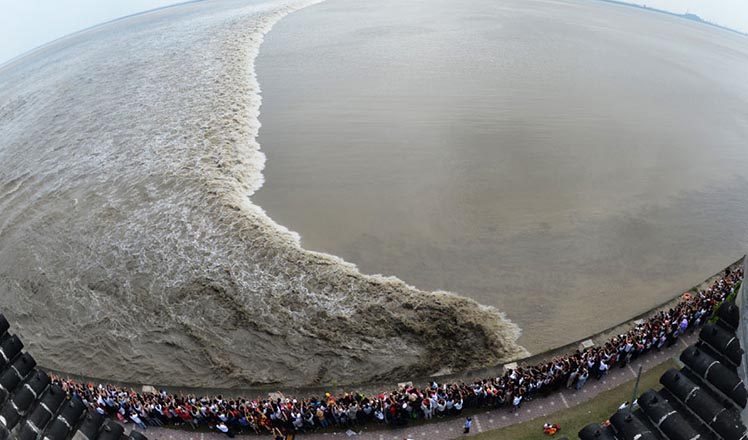Beijing's policy still the best for peninsula
Updated: 2016-09-21 07:42
By Zheng Jiyong(China Daily)
|
||||||||
 |
|
Democratic People's Republic of Korea launches a long range rocket launched into the air in this file still image taken from KRT video footage, released by Yonhap on February 7, 2016. [Photo/Agencies] |
After the Democratic People's Republic of Korea conducted its fifth nuclear test earlier this month, China's Korean Peninsula policy has come in for some scathing criticism. Some argue the DPRK is out of control "under China's watch", with others even blaming Beijing for Pyongyang's nuclear and missile tests, and the deployment of the US' Terminal High Altitude Area Defense system in the Republic of Korea.
It is true that the peninsula is on the verge of descending to a mess, but blaming China for it is baseless. The root cause of the simmering regional tension lies in the United States' ill-designed peninsula strategy and the DPRK's inexplicable security concerns.
The US is principally responsible for the situation on the Korean Peninsula, and wants it to remain in a "controllable mess". In other words, Washington has no intention of helping improve the situation, because it still wants to use Pyongyang's nuclear ambitions as a leverage to justify its presence in Northeast Asia. That explains why it has, from time to time, made light of the DPRK's nuclear threat issue, which in turn has prompted the latter to expedite its nuclear program.
The DPRK, to some extent, has added fuel to the fire it started in the first place. In the initial stages, the Soviet Union, not China, provided most of the materials and missiles for the DPRK's nuclear program. And the longstanding hostility between Pyongyang and Washington has prompted the DPRK to remain committed to the nuclear program.
Even the failure to provide solid evidence that Iraq and Libya possess chemical and nuclear weapons didn't stop the US from launching military strikes on the two countries. Due to this fact, coupled with the increasing muscle-flexing joint US-ROK drills, the DPRK sees the US as its biggest security threat and believes developing nuclear weapons is the only way to keep the "enemy" at bay.
Although China did not start the bedlam and cannot resolve the situation on its own, it has its responsibilities as a major regional power and neighbor of the DPRK. To end the threat of perilous clashes through peacemaking negotiations, it has offered feasible plans including the Six-Party Talks, which was regretfully stalled in 2009 after the DPRK refused to be part of it. As a result, Washington, like Seoul, continues to be at odds with Pyongyang.
Beijing is not responsible for either Pyongyang's nuclear program or the dispute between the DPRK and the ROK, let alone the volatile US-DPRK relationship. It is ridiculous to pass any judgment on China's peninsula policy without taking all the factors into consideration.
Despite its pursuit of "denuclearization" and "non-confrontation" on the peninsula suffering a blow, China has not given up its resolve. A nuclear-free Korean Peninsula is in the interests of all parties, but that will be possible only if the US takes serious measures to prevent a possible nuclear confrontation between the DPRK and the ROK.
Being a staunch supporter of nonproliferation, China will do everything in its power to prevent the Korean Peninsula from turning into a nuclear powder keg. And it will need the US' cooperation to keep the nuclear issue under control. Such a strategy may not be perfect, but China has helped maintain a delicate balance on the peninsula which otherwise would have fallen into complete chaos.
The author is an associate professor on Korea Peninsula studies at Fudan University.
Most Viewed
Editor's Picks

|

|

|

|

|

|
Today's Top News
Trump outlines anti-terror plan, proposing extreme vetting for immigrants
Phelps puts spotlight on cupping
US launches airstrikes against IS targets in Libya's Sirte
Ministry slams US-Korean THAAD deployment
Two police officers shot at protest in Dallas
Abe's blame game reveals his policies failing to get results
Ending wildlife trafficking must be policy priority in Asia
Effects of supply-side reform take time to be seen
US Weekly

|

|















